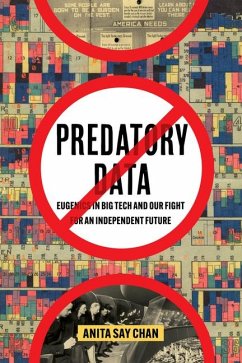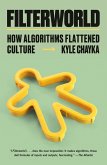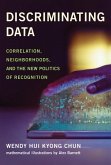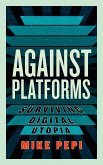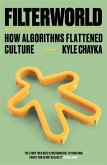"This groundbreaking book connects historical practices of eugenics to big data's contemporary challenges. Anita Say Chan highlights the power of community-based alternatives to extractive data that are rooted in feminist, people of color, and Indigenous perspectives. An essential book for anyone looking to envision more equitable technological futures."--Shaka McGlotten, author of Virtual Intimacies: Media, Affect, and Queer Sociality "Predatory Data is the framework that we have been waiting for--to refuse, resist, and reimagine new possibilities as a part of decolonizing algorithmic and data practices."--Nishant Shah, Associate Professor and Director of the Digital Narratives Studio, Chinese University of Hong Kong "By taking eugenics as the founding moment of modernity's drive to data extraction, Chan's book dislodges all comforting notions of technology as trustworthy and upends ruling assumptions about who has the right to speak through data. An essential retelling of how data happened that also rethinks whose futures really matter in the worlds that data and AI are now building."--Nick Couldry, coauthor of The Costs of Connection "Predatory Data asks readers to consider the striking parallels between the eugenics movement of the early twentieth century and today's big data practices. With unflinching and careful analysis, Chan shows how the quest to capture and map human differences creates an extractive and destructive course that profits from marginalizing the most marginalized among us, often in the name of knowledge regimes. This book delivers a critical examination of the persistent continuity of predatory data methods across generations and a call to action to reimagine how data infrastructures could promote justice and pluralism. Drawing on examples from community leaders, partners, experts, and fellow researchers, Chan inspires us to understand the power and politics of data, and how to fight for an independent and inclusive future without compromising our humanness."--Mary L. Gray, MacArthur Fellow and coauthor of Ghost Work: How to Stop Silicon Valley from Building a New Global Underclass
Hinweis: Dieser Artikel kann nur an eine deutsche Lieferadresse ausgeliefert werden.
Hinweis: Dieser Artikel kann nur an eine deutsche Lieferadresse ausgeliefert werden.

